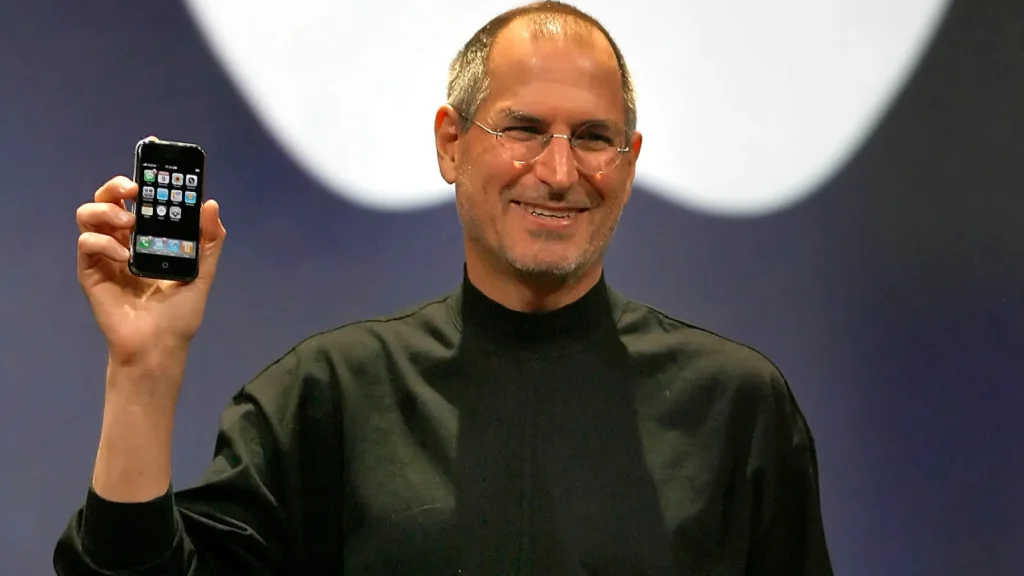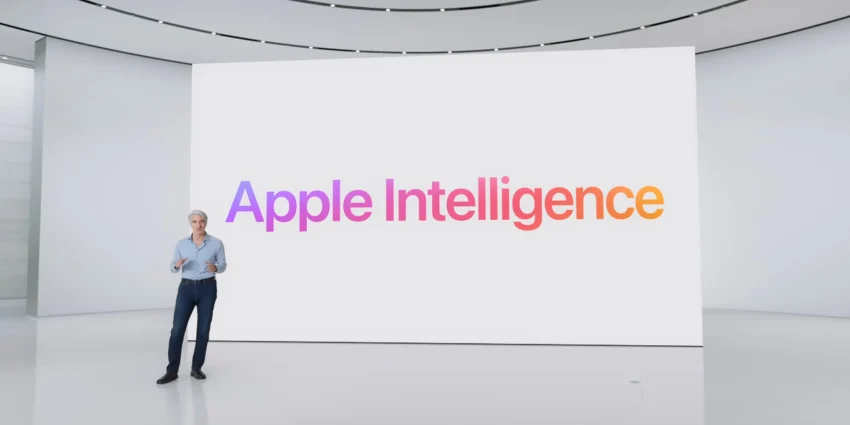Apple has taken steps to catch up in the artificial intelligence race by partnering with OpenAI to boost its Siri voice assistant and operating systems with ChatGPT, an advanced AI chatbot. However, the move to rebrand artificial intelligence as ‘Apple Intelligence’ might not have won approval from Apple’s late co-founder Steve Jobs.
At its Worldwide Developers Conference this week, Apple unveiled a new “Apple Intelligence” system aimed at providing a more personalized AI experience across its devices. As part of this initiative, the company announced updates to iPhone and Mac operating systems that will allow access to ChatGPT to enhance tools like Siri, text generation and more.
The new integration with OpenAI’s human-like language model is designed to boost Siri’s conversational abilities and make Apple’s digital assistant smarter. ChatGPT’s language generation skills will also augment other apps, helping power auto-complete features, summarize documents and more. Apple is hoping these AI enhancements will help it close the gap with competitors in areas like virtual assistants.
While the increased capabilities are a step in the right direction, some may see issues with Apple’s characterization of its AI plans. Rebranding artificial intelligence as ‘Apple Intelligence’ seems like a clever marketing move but could be perceived as glossing over the limitations of today’s technology. Machine learning systems remain narrow and requires careful oversight to avoid potential harms.
Apple founder Steve Jobs was known for his passion for simplicity and focus on the user experience. As an innovator, he likely would have appreciated AI’s potential to enhance Apple products but may have been skeptical of misrepresenting capabilities. He disliked promoting technology for technology’s sake and focused on solving real user problems in an elegant manner.

Jobs also disdained heavy use of licensing and partnerships, preferring for Apple to develop core technologies itself to retain control over the user experience. Integrating an outside AI model like ChatGPT without fully open sourcing it breaks from his philosophy of self-reliance. While the partnership makes sense practically, it represents a shift away from Apple’s original design-centric roots.
There was a cool market reaction to Monday’s announcements, with Apple shares dropping 1.9%, suggesting investors see the AI plans as more of an acknowledgement that Apple has work left to do. The rebranding also smacks of trying to put a positive spin on catching up rather than true technological leadership.
Long-term, Apple’s AI push could pay off by enhancing functionality across products. But in the short-run, Jobs might have been hesitant about rebranding techniques over substance and ceding more control through partnerships. While ‘Apple Intelligence’ aims to simplify AI discussion, it risks overpromising on capabilities and masking Apple’s ongoing development needs – an approach the famously perfectionist Jobs likely would have frowned upon.
Read more:
- Best Before Opens New Centurion Store, Challenging Pick n Pay and Checkers with Low Prices
- Local Shops Outpaced Supermarkets as Consumers Flocked to Spazas and Taverns
- Mirinda Welcomes Red Apple and Raspberry to the Family
- Kroger to close dozens of unprofitable stores in strategic restructuring
- Vendors defy ban on second-hand goods as government pushes formalization





